Amazon – Record Delivered
A team, including a leading British explorer and a local Foxton man, have become the first people to have ever travelled the length of an uncharted Amazon river and pick up two Guiness World records along the way.
Ash Dykes, 33, (left) originally from Wales and his teammate, Jacob Hudson, 26, from Foxton, Market Harborough (now based in London), battled sickness and extreme conditions to finish their epic 37-day trek by reaching the mouth of the Coppename River in Suriname, South America.
Jacob (right) was raised in Market Harborough and went to school at Church Langton, Kibworth High School and Beauchamp College, Oadby.
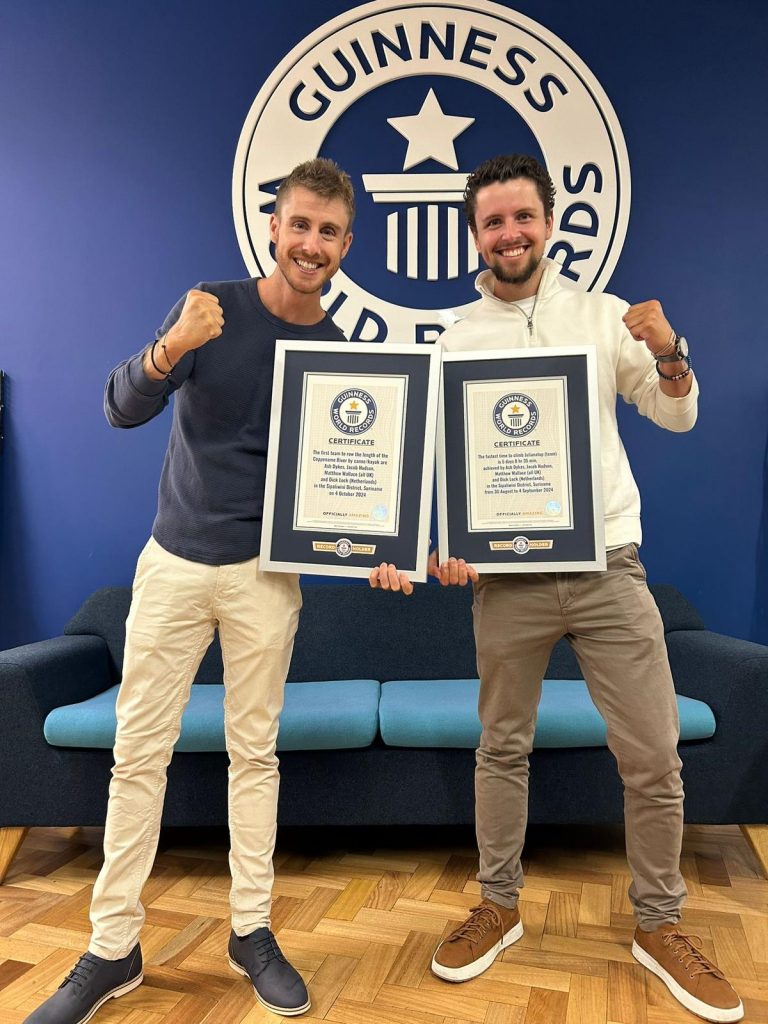
Together with their other two teammates Dick Lock and Matt Wallace, the team had to kayak without sleep for three days and nights straight to complete their mission and set the new world records.
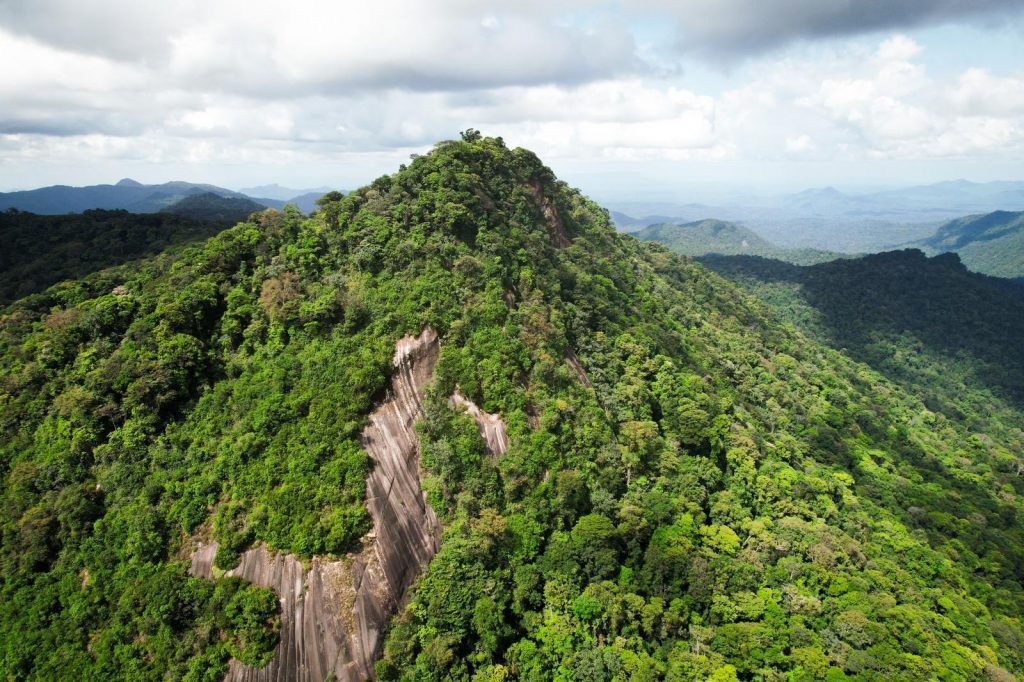
The adventure was many months in the planning and was based in Suriname, a remote country in south America, bordered by French Gyana and Brazil, and involved being dropped deep in the Amazon jungle by helicopter. Then followed nearly 40 days of complete isolation as they set about two world records. The first record being to climb and summit the highest mountain in Suriname, Julainatop, which they successfully achieved in 5 days. The team, accompanied by two others, Scotsman Matt Wallace and Dutchman Dick Lock then discovered the source of the Coppename River and set about the endurance part of their expedition; to kayak over 500KM from source to sea of the Coppename River.
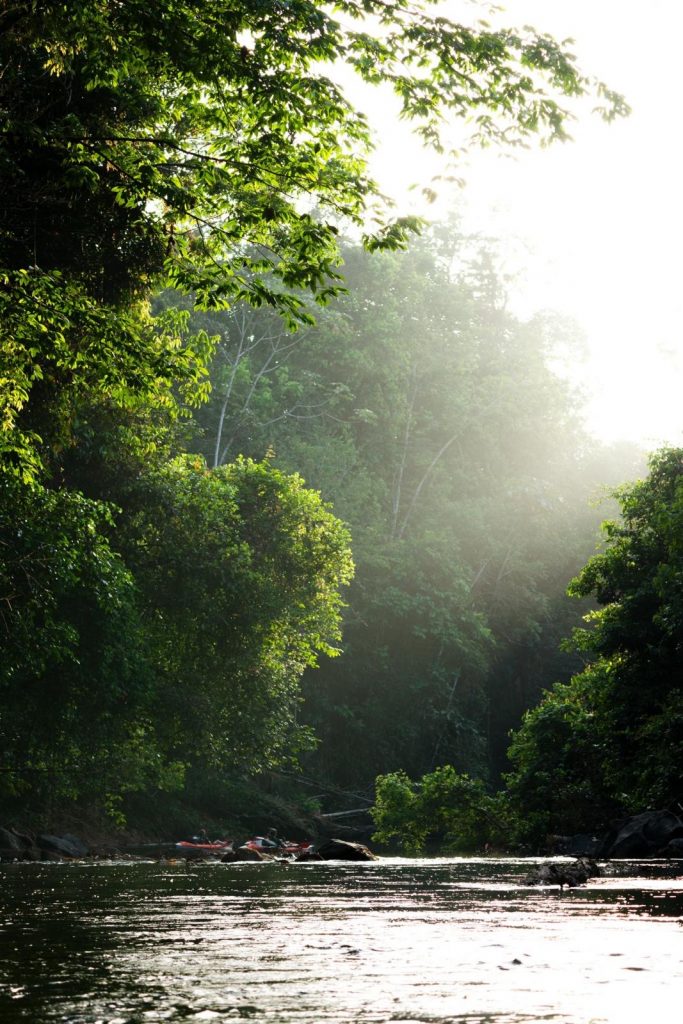
The team successfully completed their world record setting mission this week. And suffering from sleep deprivation, infections and malnutrition, they saw strange visions before finally getting to the Atlantic Ocean.
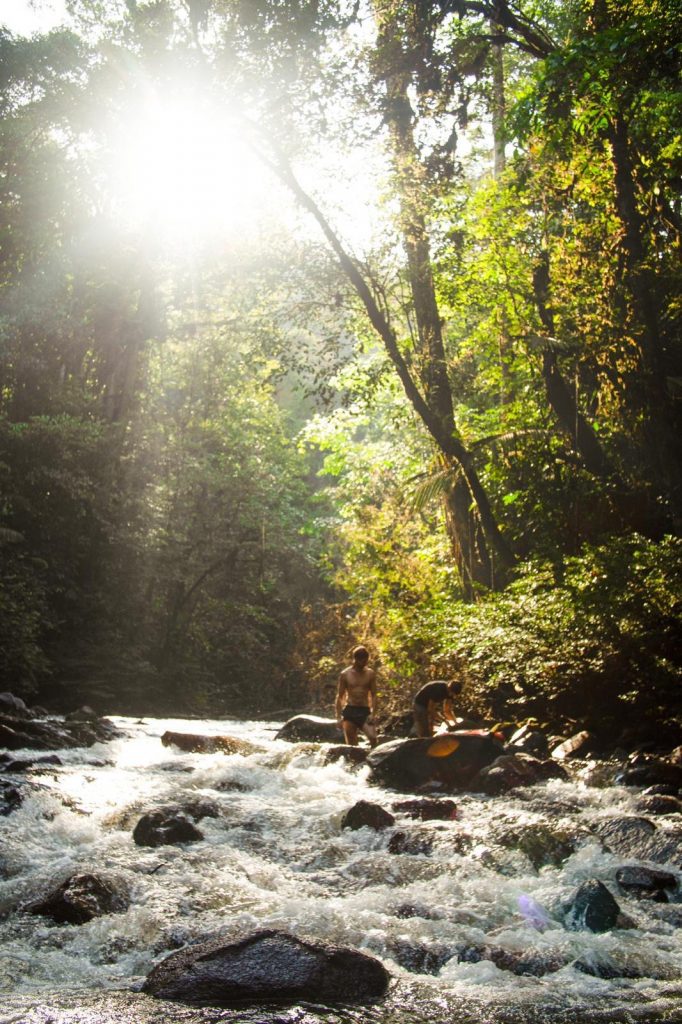
Speaking for the first time since capping off the voyage of discovery Ash said: “To get to the finish line was very emotional for us all.
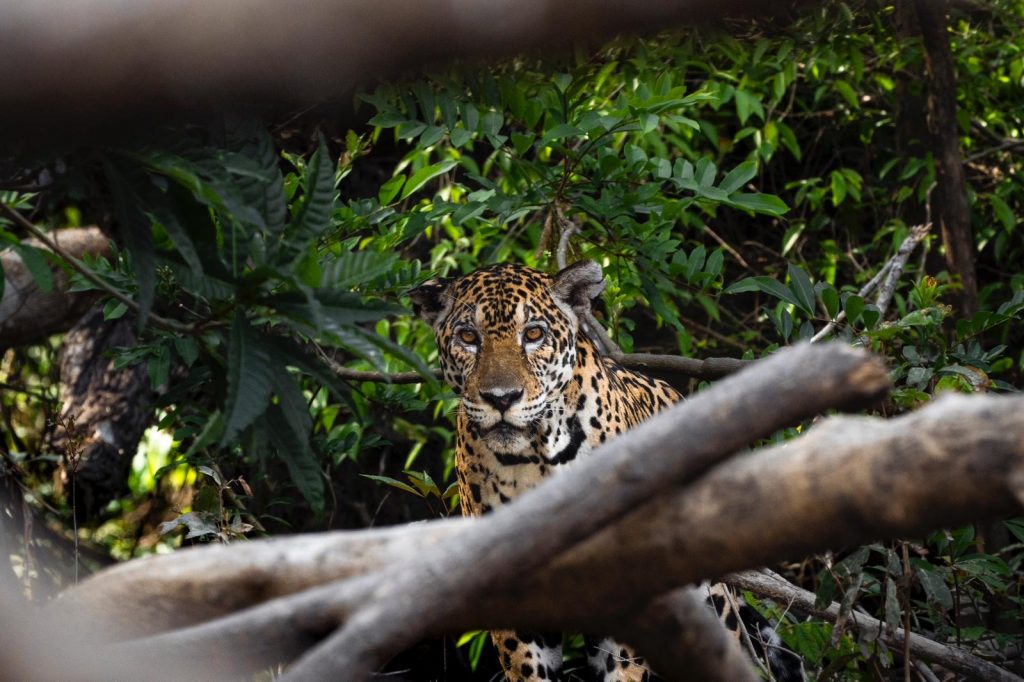
“Those last three days were some of the hardest. In three nights, we had under five hours of sleep. So we were extremely sleep-deprived and started to hallucinate.
“It was very hard, very difficult, very hot. We were suffering with heat exhaustion. We were dehydrated.
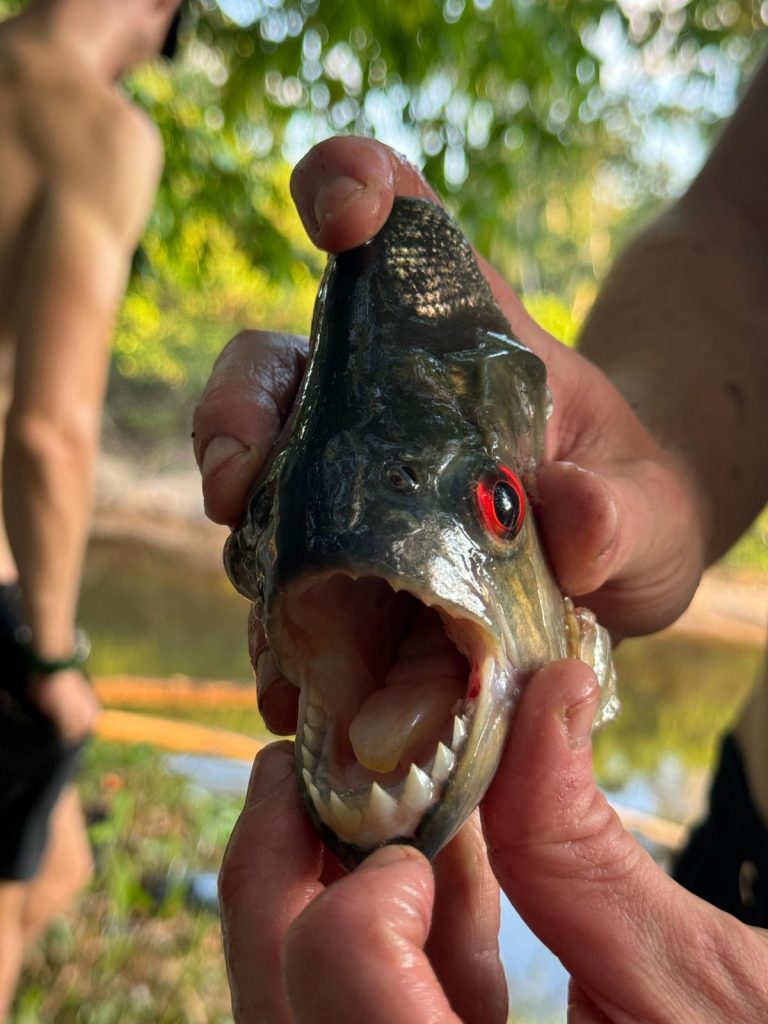
“I don’t think words will ever be able to express just how tough it was. To get over that finish line was just monumental, just unreal.”
Ash, 33, originally from St Asaph, Wales, but now living in London, headed into the centre of the ex-Dutch colony, which is 93% forested, in a helicopter on 29 August. He and his team then spent the next six days fighting their way upstream in kayaks with 50kg of supplies – while being bitten by 300 ticks and vicious army ants.
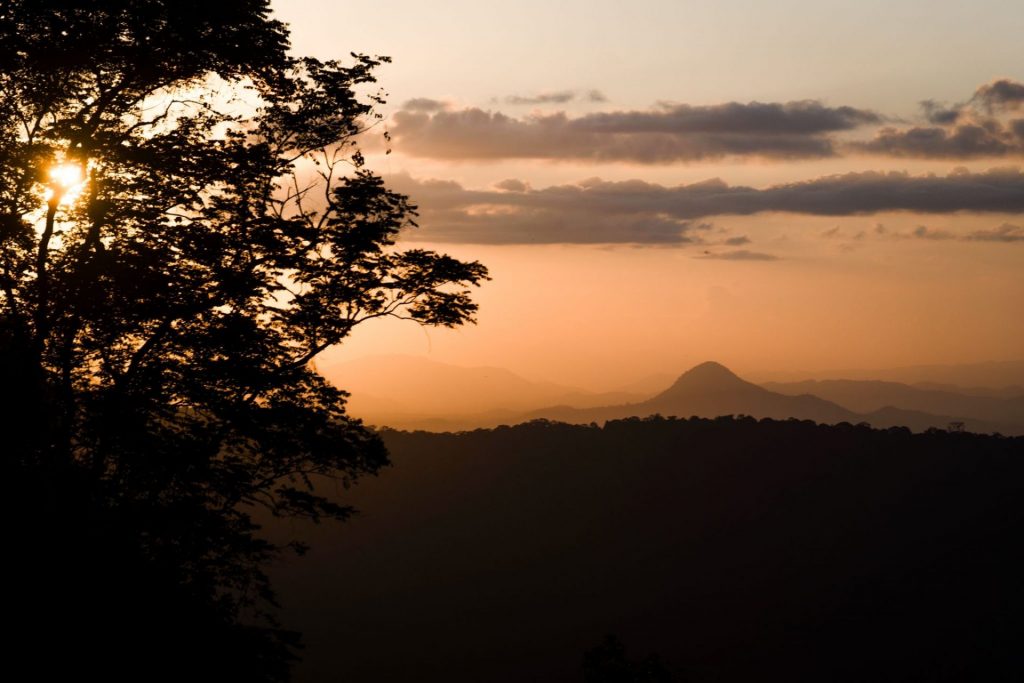
The group also came across a terrifying goliath tarantula – the world’s largest spider – along with snakes and vicious alligators, called caiman.
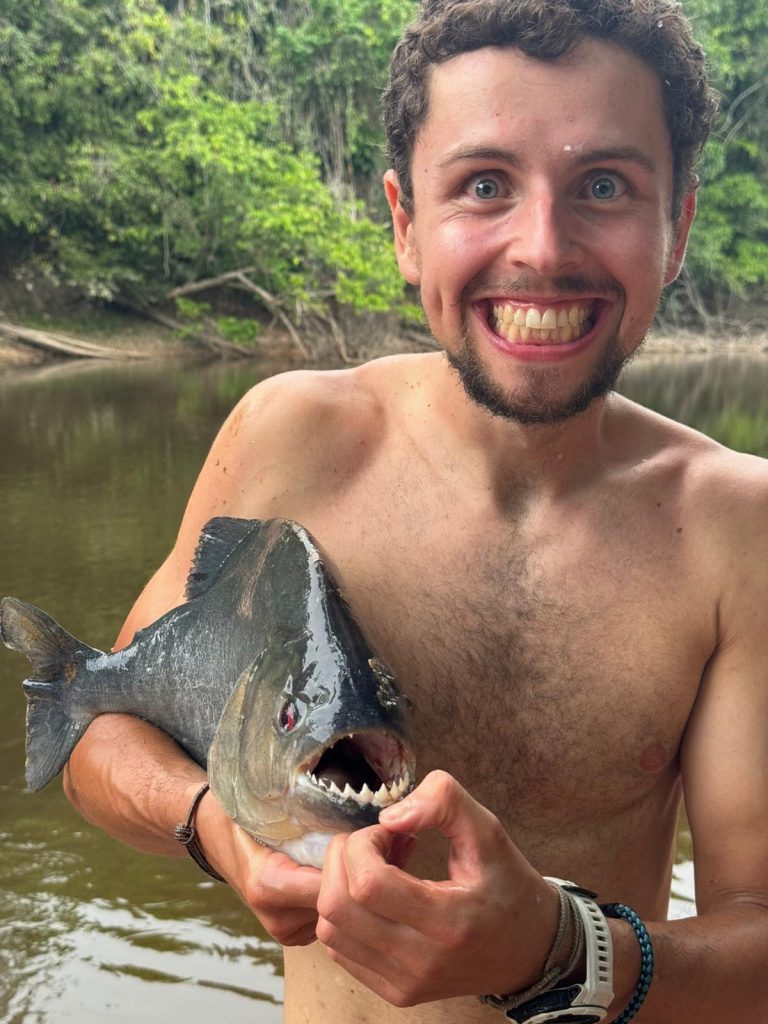
They found the source of the Copiname River on Tuesday 3 September, before climbing Julianatop in the quickest ever time the next day. But their biggest test came during their voyage from source to sea aboard their inflatable kayaks – as daily temperatures rose close to 40˚C. Ash said: “We didn’t see any other humans in 34 days. And we were using the sun to charge everything. We were starving, we were thirsty, we faced a lot.
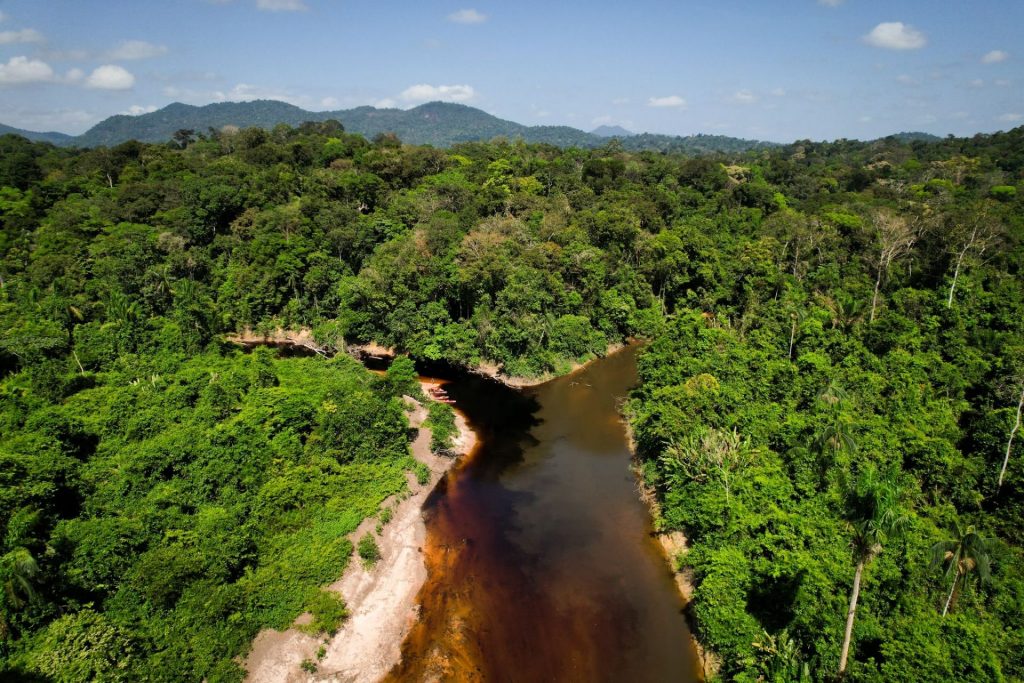
“One of the boats popped because it was over 37˚C, a few days before finishing, which is the worst nightmare.
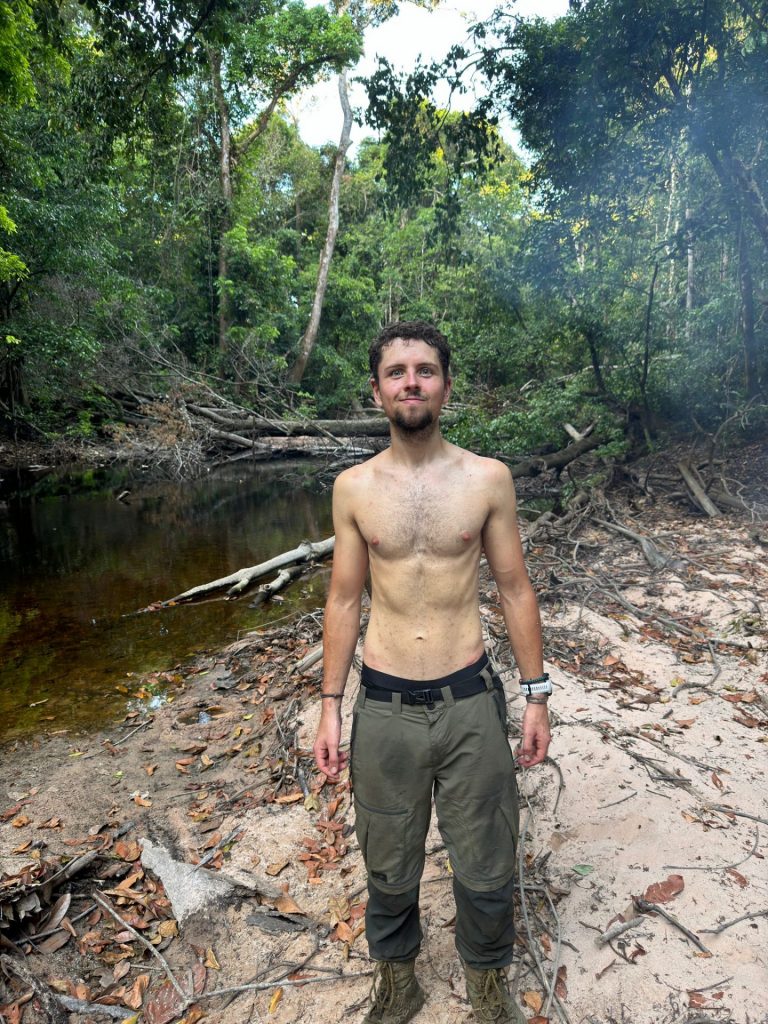
“That jeopardized the whole expedition and meant that we had to distribute all kit amongst the other three kayaks, and Jacob and Matt had to share paddling duties on one kayak.
“Matt also blacked out as he had a really nasty infection in his arm.
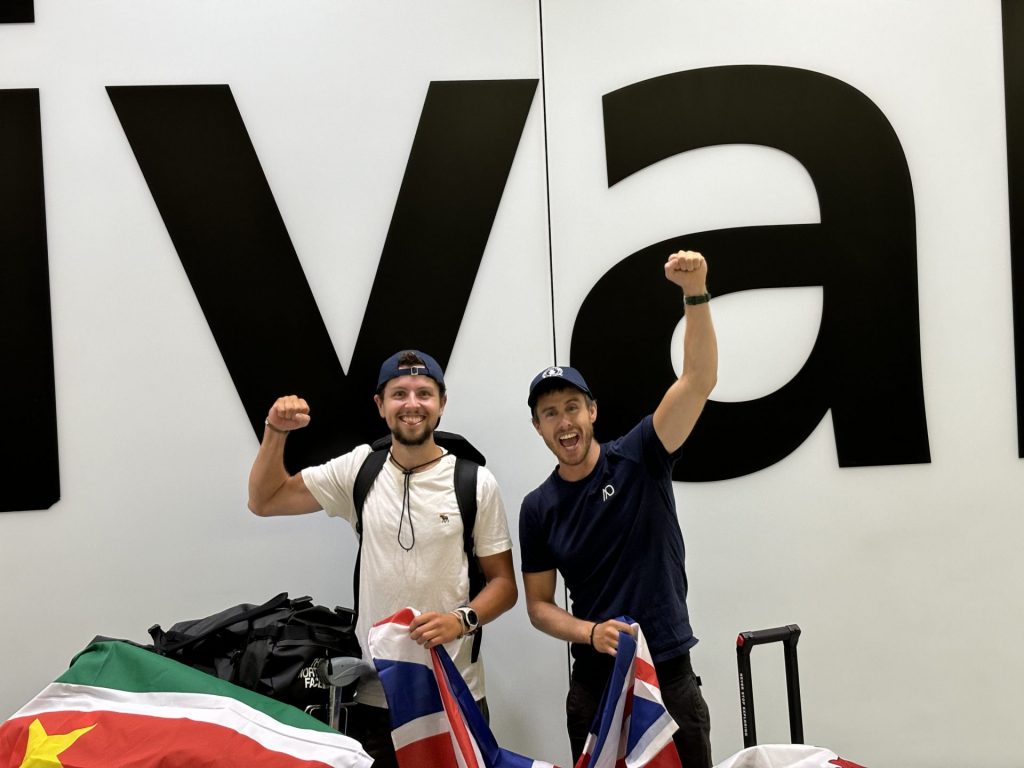
“He passed out for a good couple of minutes, and the whole evening was ruined then as he didn’t have his energy back.”
“Matt said he could just see things in the distance that he knew weren’t there, light lights or dark grey objects.
“Jacob almost fainted maybe 5km before the finish, and Dick did pass out a few days before.”
Ash said the team had to survive on around 800 to 1000 calories a day while burning through up to 6,000 – leaving them badly malnourished.
They initially lived off a limited number of ration packs before catching piranha, stingray and wolfish from the river, which they then cooked and ate.
Despite this, he and the others lost around 10kg each in weight and also suffered a raft of nasty injuries, which almost ended their mission on a couple of occasions.
Ash went on: “Matt checked his boots in the morning, but he forgot to check his gloves.
“He got two nasty stings from the most venomous scorpion in Suriname, enough to evacuate most people.
“We had to take that very seriously, and luckily he did start to recover, otherwise that would have been an instant evacuation.
“I developed a really nasty infection on the lower part of my shin. Luckily that recovered and I went on antibiotics, but I had to squeeze out a lot of puss.”
Ash, who is a global ambassador for the charity Free the Wild, said the team also came face to face with a jaguar during the expedition.
And although he managed to contact loved ones and share his journey on social media via Globalsat and Viasat technology, he felt detached from the outside world.
He said: “Out here, because there’s no human activity, the wildlife are all really curious.
“So the wildlife don’t necessarily run away or hide. They watch on to see if you’re a threat or not – or to see if you are prey.
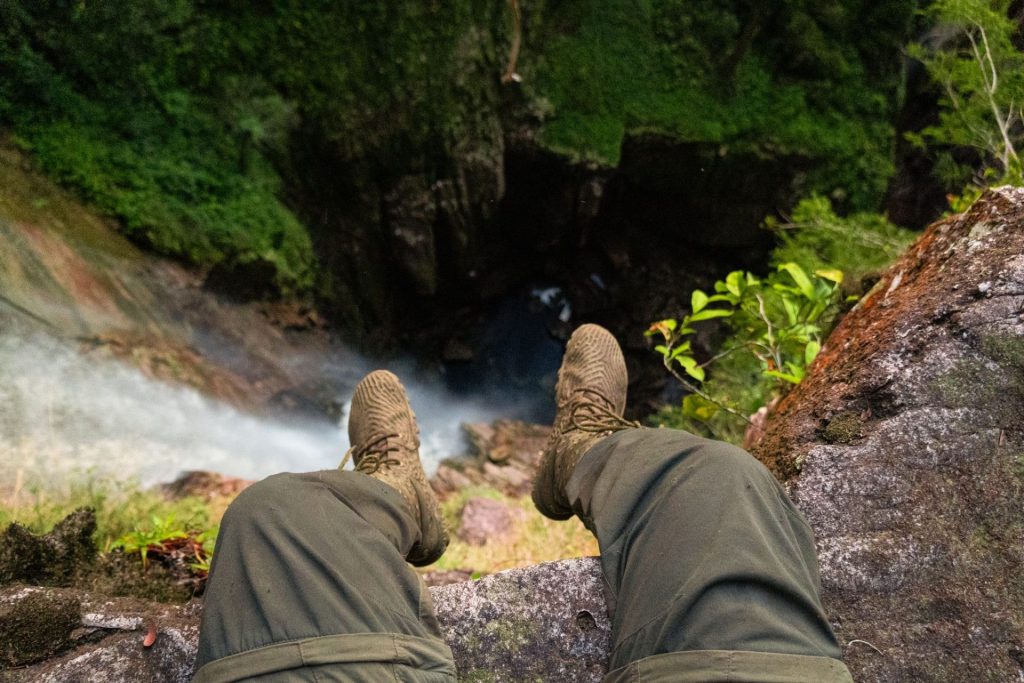
“A jaguar came to the river bank and stood there staring for at least two minutes which was unreal.
“But I really hope Suriname stays this way and allows the jungle to remain relatively untouched and for the wildlife to be left alone”
Ash has three previous world records following his expeditions in Mongolia, Madagascar and China – and said he loved taking part in ‘world-first’ adventures.
He added: “I’d like to thank Free The Wild for sponsoring the expedition to Suriname, without whom I would not have been able to undertake this once-in-a-lifetime mission and succeed in our world record attempt.
“As an ambassador, I am very proud to be able to travel the world and experience wildlife as it was meant to be, instead of being scared, isolated and neglected behind glass and steel in captivity.“
End.




 Harborough Culture Café
Harborough Culture Café

